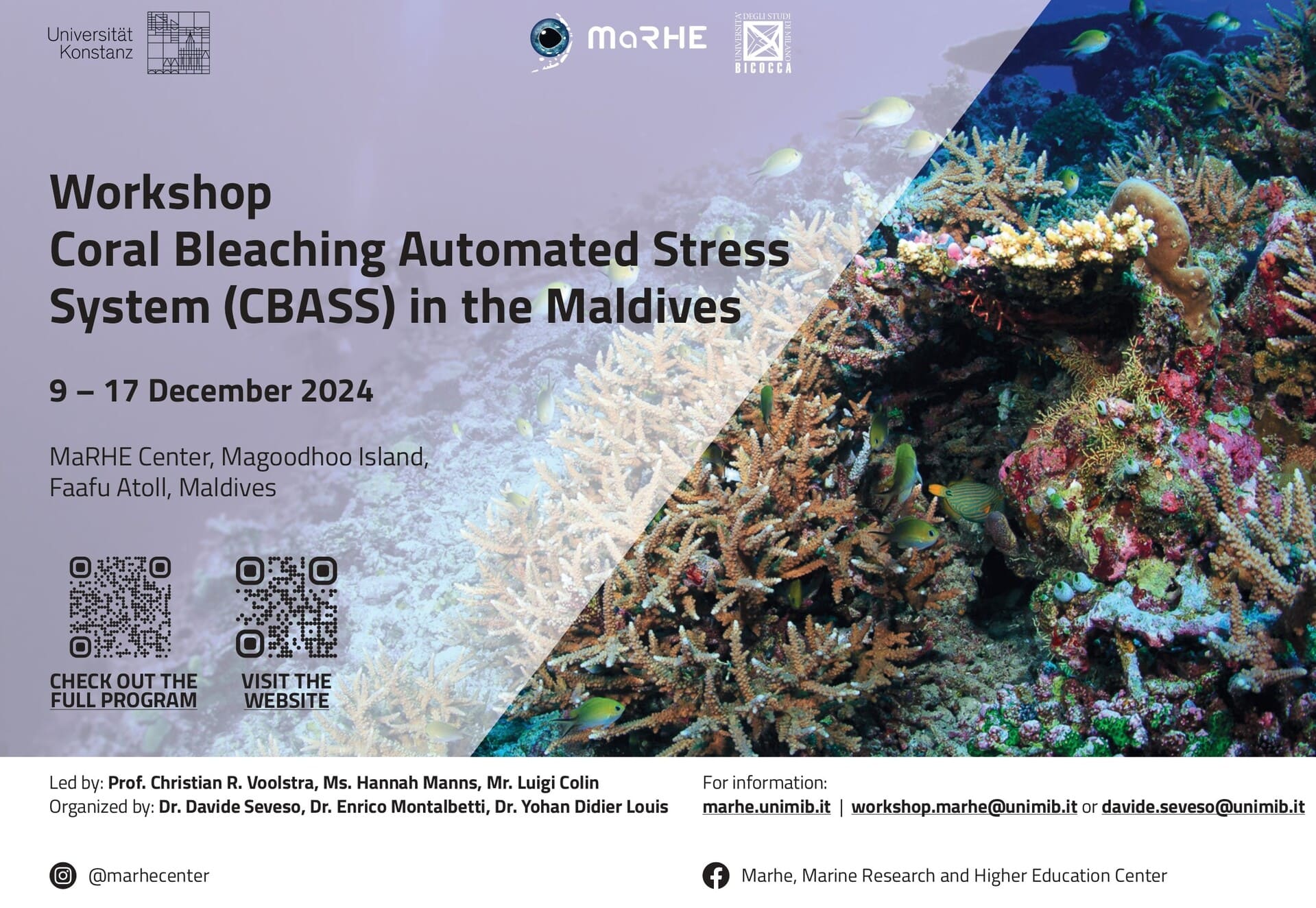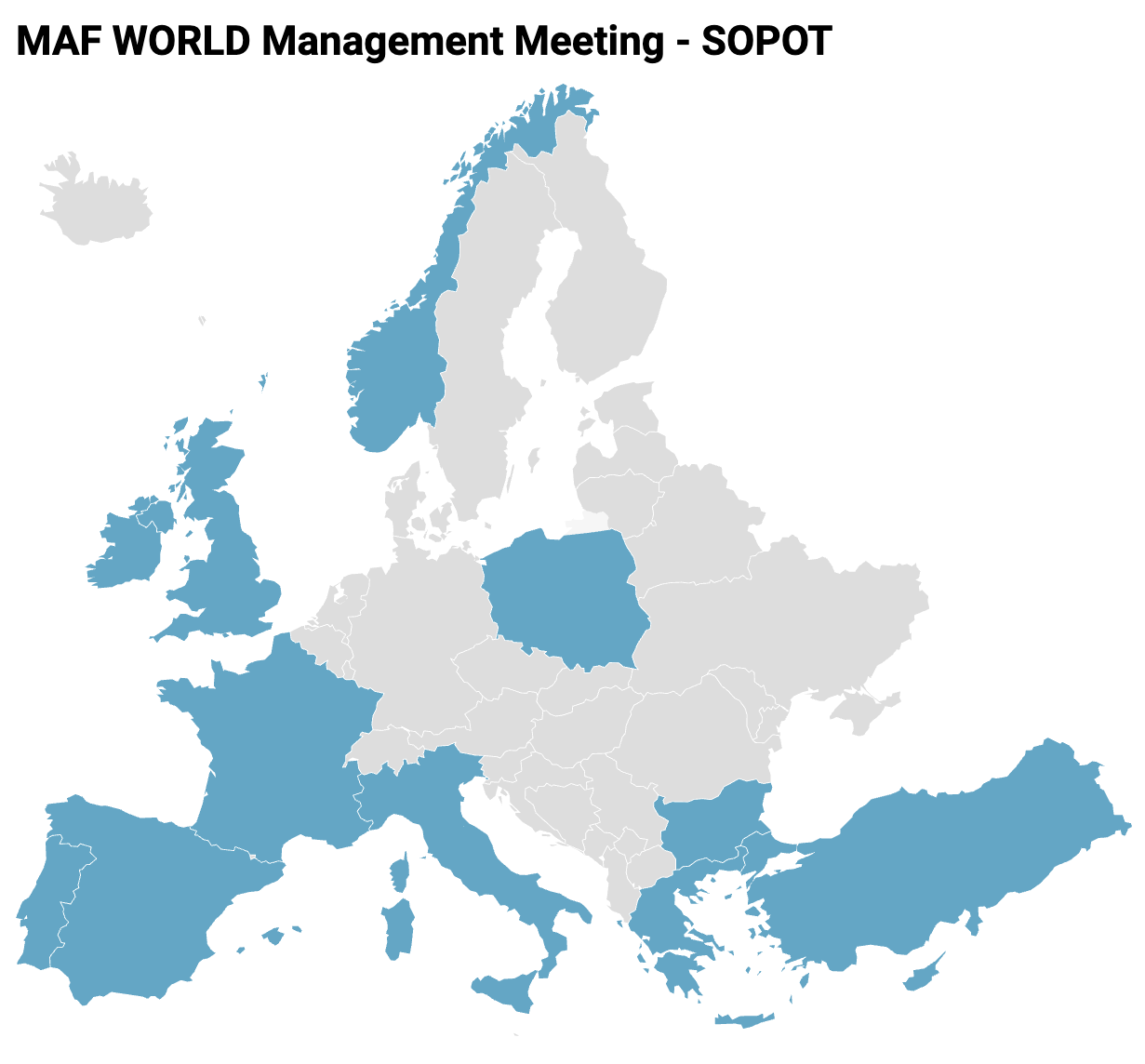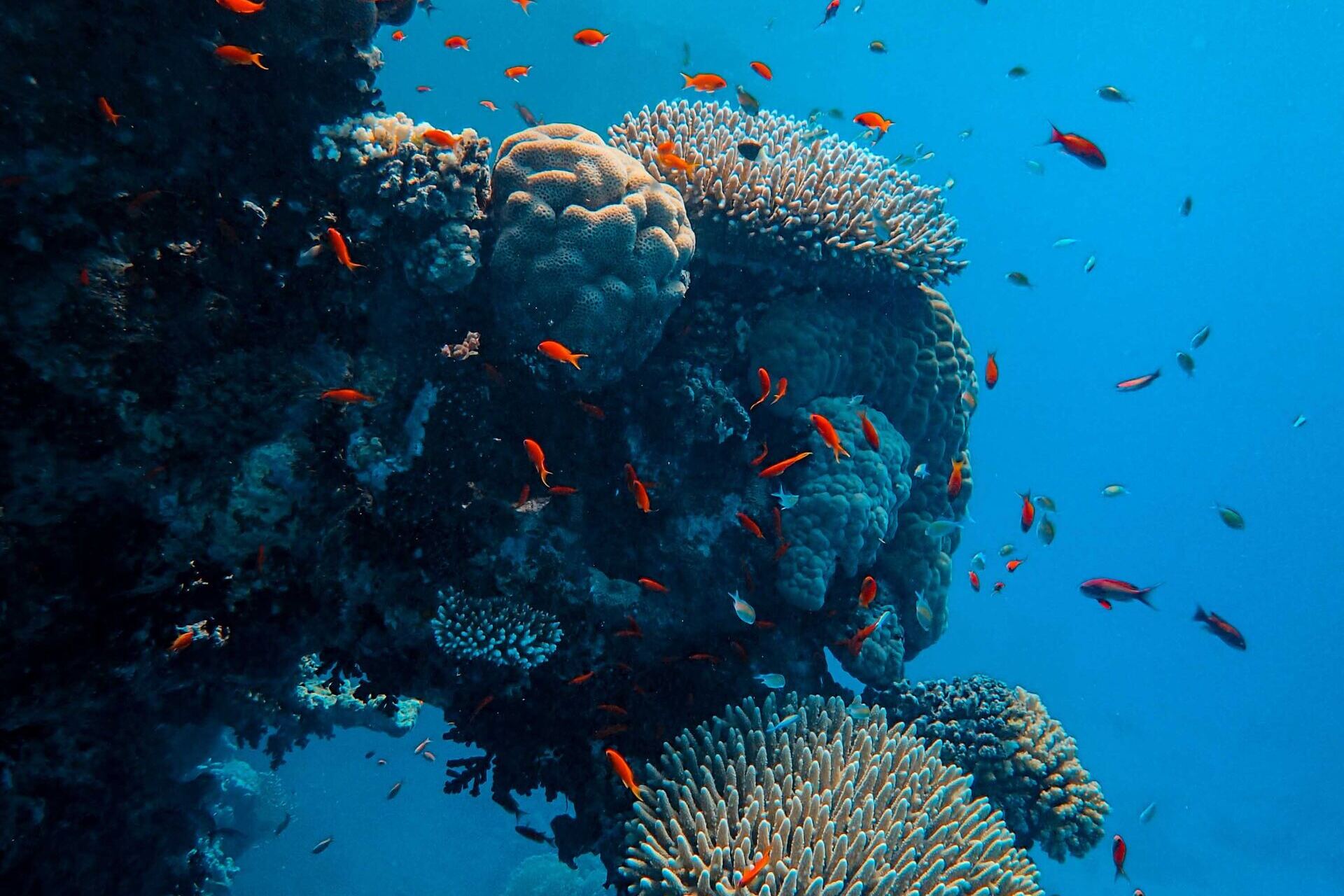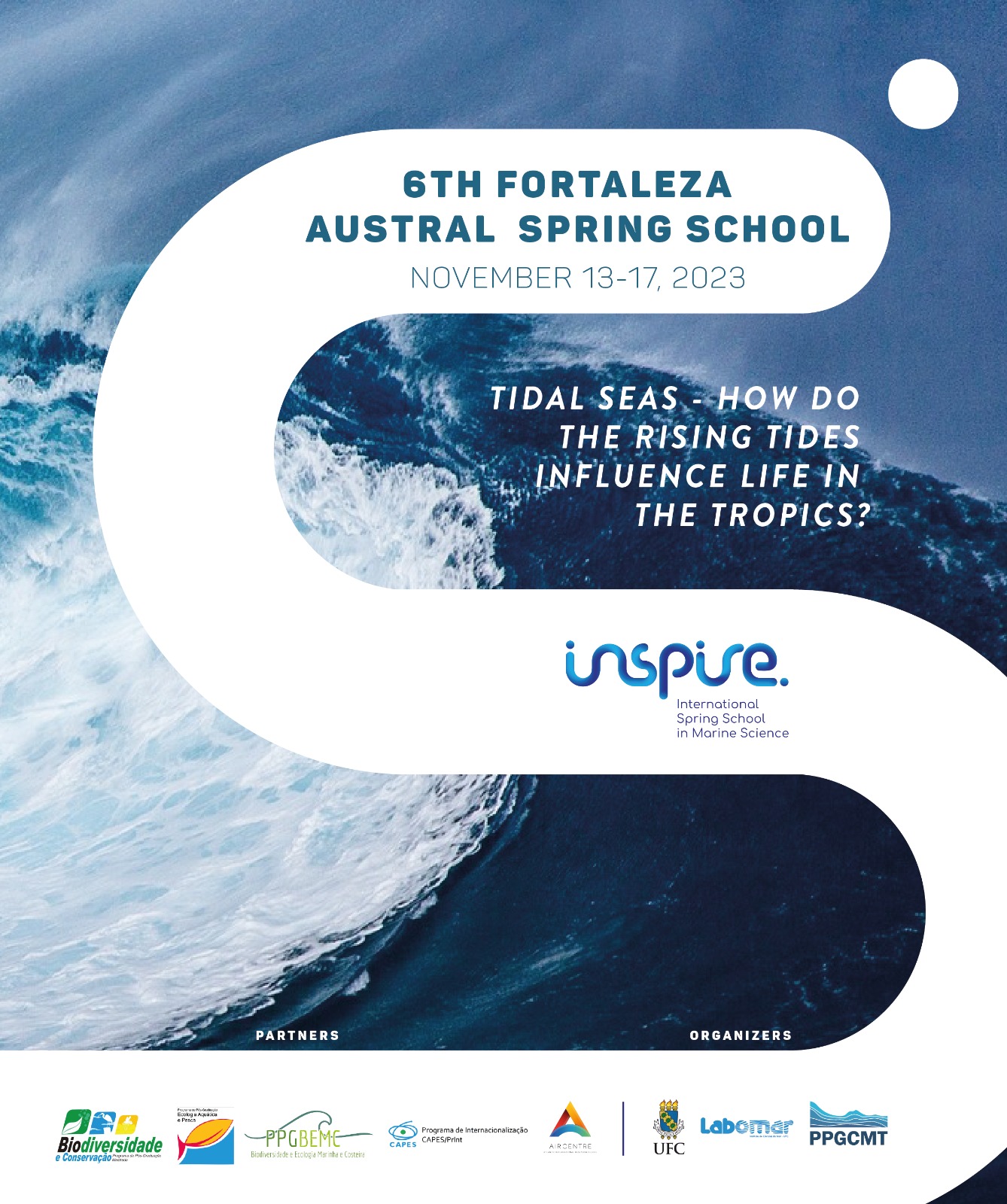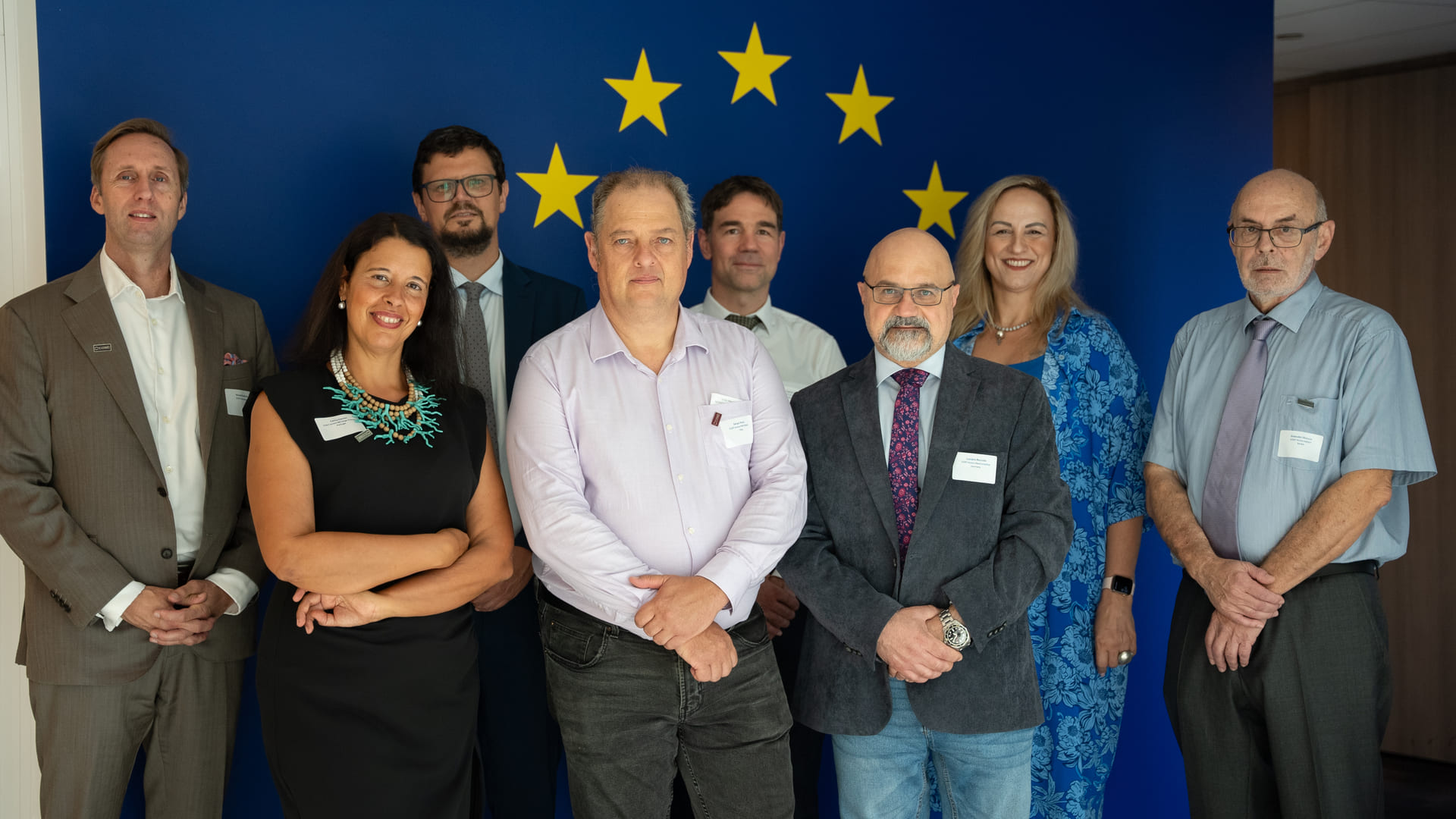We explain the need and actions to build a strong network of taxonomists applying classical and new approaches to improve identification and classification from shallow to deep realms of the megabenthic organisms composing Marine Animal Forests
Covadonga Orejas1, Marina Carreiro-Silva2,3 and Kerry Howell4
1 Instituto Español de Oceanografía, Centro Oceanográfico de Gijón, (IEO-CSIC)
2 Univ Azores, Inst Marine SciOkeanos, Horta, Portugal
3 Univ Azores, Inst Mar, IMAR, Horta, Portugal
4 Plymouth Univ, Marine Inst, Plymouth PL4 8AA, Devon, England
Taxonomical knowledge is the basis for many biological and ecological studies. However, even if this is a fact and most researchers will probably agree with this assertion, the reality shows that the number of taxonomists working with megabenthic fauna is decreasingand few young researchers are involved in this fundamental research field. On the other side in the last decades, taxonomical approaches have diversified from the classical taxonomy, based on the study of the morphological characteristics of individuals.The science of taxonomy has evolved thanks to the meteoric development of molecular techniques, opening a vast field of work which has revealed a new vision of the field of taxonomy.
At the same time, the work on mesophotic and deep-sea areas, frequently conducted in the so-called Vulnerable Marine Ecosystems (VMEs), also considered Marine Animal Forests (MAFs),has necessitated the use of underwater video and images for identification purposes to avoid any damage to these fragile ecosystems.However, identifying organisms from images is challenging for deep-sea areas where the fauna is poorly known, and often needs the examination of physical specimens with the help of experienced taxonomists. To this end,MAF WORLDCOST Action is creating a network of taxonomists that work on MAF taxa from shallow to deep areas, and that could provide advice on taxonomic identification to researchers working on different aspects of MAFs.
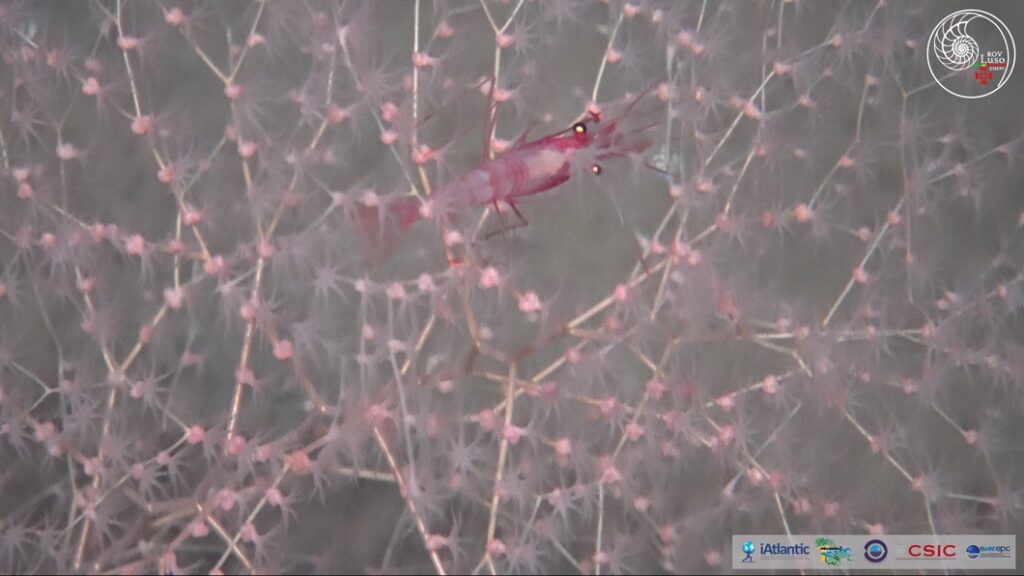
The increasing focus on deep-sea ecosystems is reflected in many research projects at the National, European and International levels. Three current examples are the H2020 project iAtlantic, the COST
Action MAF WORLDwhich covers shallow but also mesophotic and deep-sea ecosystems, as well as overarching initiatives such as theChallenger 150programme(endorsed by IOC-UNESCOas a UN Ocean Decade programme). These three initiatives are currently joining efforts to improve the taxonomical knowledge of corals, gorgonians, sponges, and other organisms, from deep-sea areas, and in the case of the MAF WORLD also focusing onshallow and mesophotic ecosystems and making the information more accessible to everyone.
Cooperation is key to the advancement of science. >In this sense, our MAF WORLDCOST Action is joining efforts withiAtlantic, working in partnership to support early career researchers (ECR) to participate in the cold-water coral taxonomy WS organized in Florianopolis (Brazil) after the General Assembly of the project iAtlantic.
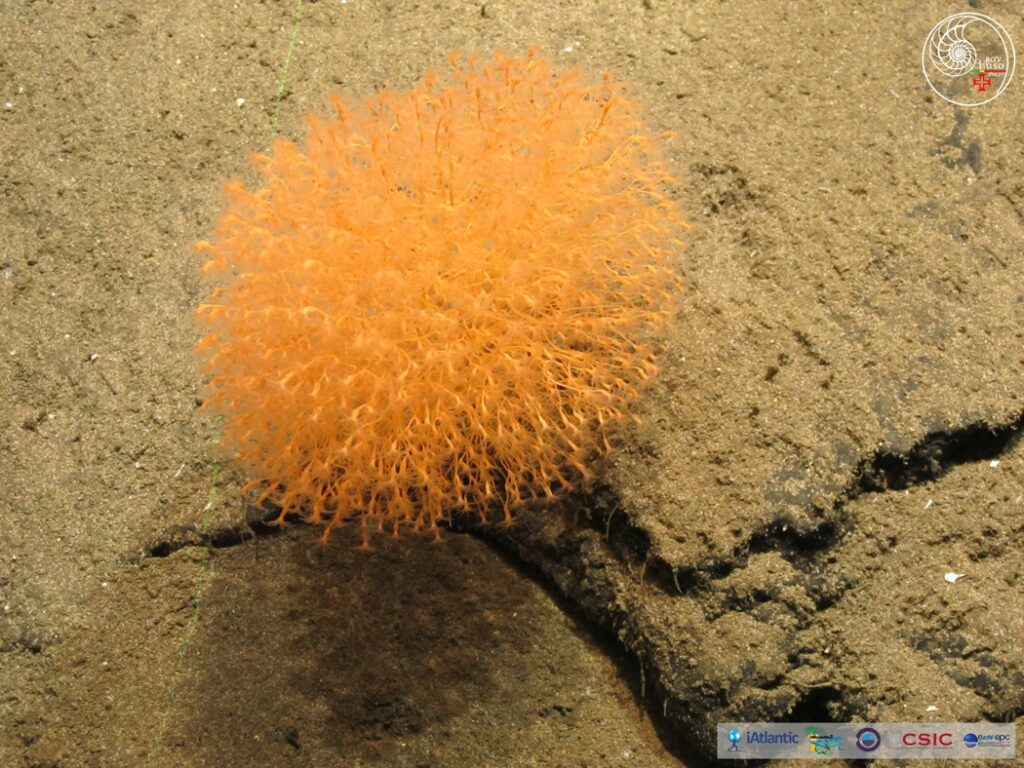
iAtlantic will contribute the photo-catalogue of the Deep Sea megabenthic fauna of Cadamosto Seamount (Cabo Verde), to the Challenger 150 programme’s megafaunal image-based technical working group. This groupis developing a long-term initiative including training, generation of reference libraries, inter-calibration, and standardisation criteria for image identification as well as methodological standards. The Cadamosto Seamount reference library will be included in the SMarTaR-IDweb database.
Through their shared vision for building capacity in taxonomic skills, the MAF WORLDCOST Action and Challenger 150 will work together to develop training videos, providing demonstrations of methods used in specimen preservation and preparation, examples of key taxonomic features used in lab identification of different MAF taxa, as well as guidance on the identification of MAF taxa in imagery.
Through these collaborations the MAF WORLDCOST action will help to improve standards in the identification of MAF taxa, raising the quality of MAF-related observations which ultimately underpin this COST Action’s aim to provide the scientific basis for understanding and preserving the ecosystem services of the MAFs throughout the world.

